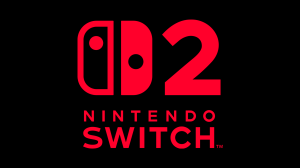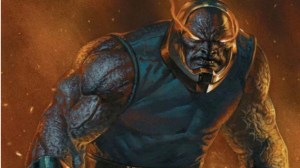Disney is among the several studios currently embroiled in a legal dispute that could result in having to pay a facial-capture software company some of the profits made from CG characters like Josh Brolin’s Thanos, in Avengers films like Infinity War and Endgame. The company filing the lawsuit is Silicon Valley firm Rearden, and 20th Century Fox and Paramount are also cited alongside Disney, for films like Beauty and the Beast, and Night of the Museum: Secret of the Tomb, possibly going as far back as Guardians of the Galaxy or Avengers: Age of Ultron. The gist of the lawsuit (which has been revised several times) is that billion-dollar movies made using Rearden’s facial-capture software entitle the company to a larger share of box office profits.
Videos by ComicBook.com
After trying to argue their case in several different ways, Rearden finally found an opening by arguing a somewhat convoluted logic about infringement, which convinced a judge that (via THR) “Rearden has, at least at this stage, made a plausible showing that the studios received direct financial benefit in exploitation of Rearden’s copyright…”. There’s a lot of much deeper jargon about the specific software at use, it’s copyright terms, and legal debate over violations of those terms, but the door was opened enough for the case to move forward.
THR has several lengthy statements from Disney, concerning their position on this lawsuit from Rearden:
“There are limitless reasons why consumers pay to see any particular motion picture, including (among many others) stars, script, costumes, and music,” states Disney is a summary judgment motion.”It is highly speculative to say which of these factors lead people to pay to see a motion picture, but at least these are things that consumers actually see visually or hear aloud.
“Rearden has no evidence that consumers decided to see any of the Motion Pictures at issue here because a third-party vendor, months (or more) before the Motion Picture’s release, made temporary RAM copies of software that no consumer saw,” writes Disney’s attorney Ginger Anders, a partner at Munger, Tolles.”

In summation, Disney basically alleges that software used in building CG characters (production software that the public never sees) has no discernable influence on movie profits:
“Rearden cannot proffer concrete, non-speculative evidence of a causal nexus between the temporary copies of MOVA software—which was not and could not be seen by consumers—and Motion Picture revenues,” concludes Disney. “Even the use of the MOVA software (which is not protected by Rearden’s copyright) was a preliminary process that was superseded by numerous artistic and technical efforts and innumerable hours of additional work even to create a single CG character.”
From a layman’s view, this seems like a hard case to prove… but you never know. If Rearden succeeds, it could arguably pry the door open for other software companies to bring similar suits against studios. How do you see this one?








